Karachi land scandal defies Supreme Court as corruption 'system' reclaims prime property
The 75,000-square-yard Karachi plot is now under construction—despite top court's orders to stop it
News Desk
The News Desk provides timely and factual coverage of national and international events, with an emphasis on accuracy and clarity.
A prized piece of government land in the heart of Karachi, worth over PKR 20 billion, has once again been handed over to a private developer—despite repeated Supreme Court orders nullifying its allotment—highlighting what Kamran Khan describes as the “organized system” of corruption in Sindh.
The 15-acre plot, located opposite Civic Center in Gulshan-e-Iqbal, has changed hands through questionable lease arrangements since 2008, when the Pakistan Peoples Party assumed power in the province. The allotment saga defied Supreme Court rulings three times over the past 16 years, aided by stay orders from the Sindh High Court and internal maneuvers within the provincial Land Utilization Department.
Khan, speaking in his vlog, called the episode a “shocking display of defiance against judicial authority,” pointing to how the Sindh government repeatedly undermined the top court’s rulings and reallocated the land at drastically undervalued rates.
The plot’s roots trace back to 1938, when it housed a bulb factory. The factory closed in 1968, and the lease expired in 1998, returning ownership to the Sindh government. In 2007, then-secretary of the Land Utilization Department, Shoaib Ahmed Siddiqui, valued the plot at PKR 7 billion and recommended an open auction. That auction never happened.
Instead, in June 2009, the land was leased for 99 years to a private firm for just PKR 155 million. Crucially, the approval was obtained for industrial use, but officials allegedly inserted “commercial” usage into the allotment order without the required authorization from the Sindh chief minister.
The Supreme Court took suo motu notice after media reports surfaced. An inquiry led by senior revenue officer Nazar Leghari concluded the allotment was unlawful. Acting on the Supreme Court's direction, the Sindh government canceled the lease in March 2010 and submitted the compliance order to the court.
But the lease-holding company challenged the cancellation in the Sindh High Court and obtained a stay. In June 2018, while the matter was still under litigation, the Land Utilization Department reinstated the lease—this time pricing the land at PKR 620 million, still far below market value, and changing its status to residential-cum-commercial.
This action defied the Supreme Court’s 2012 ban on all private allotments of urban land in Sindh.
The firm paid the remaining PKR 460 million in April 2021, three years after the revised allotment. Then-secretary Sami Ahmed Siddiqui issued a new lease order in May 2021. Following media pressure, that order was withdrawn in September 2021 by his successor, who declared the lease illegal and revoked it.
But the cycle repeated. The firm secured another stay from the high court. In January 2022, just before retiring, secretary Shamsuddin Soomro issued a “judicial order” canceling the revocation and reinstating the lease. The land was handed over to the builder—again.
Kamran Khan questioned how a provincial secretary could issue a judicial order that effectively reversed the Supreme Court’s directive. “This is not just defiance,” Khan said. “This is legalized theft.”
Soomro, now retired, told Khan his order was misinterpreted and that if the allotment was illegal, it should be canceled.
According to Khan, this land—located in one of Karachi’s busiest commercial zones—is now officially registered in the builder’s name, with construction of residential and commercial towers already under way.
“The land mafia has defeated the state,” Khan declared. “Even the Supreme Court cannot stop this corruption system.”
Khan urged citizens to remain vigilant and not invest blindly in such projects. “If you’re putting your life’s savings into Karachi’s real estate, know the history. It could be built on fraud,” he said.
The case reflects a broader pattern of selective enforcement in Karachi, where on one hand, the Supreme Court ordered the demolition of Nasla Tower for illegal land use, and on the other, this controversial allotment was allowed to proceed despite multiple judicial nullifications.
“This is Karachi’s miracle,” Khan said bitterly. “Only here can land be sold illegally three times—and still end up in private hands.”



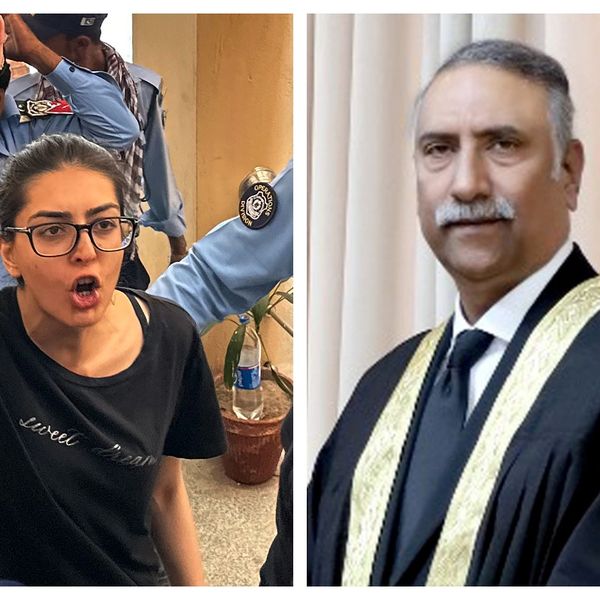
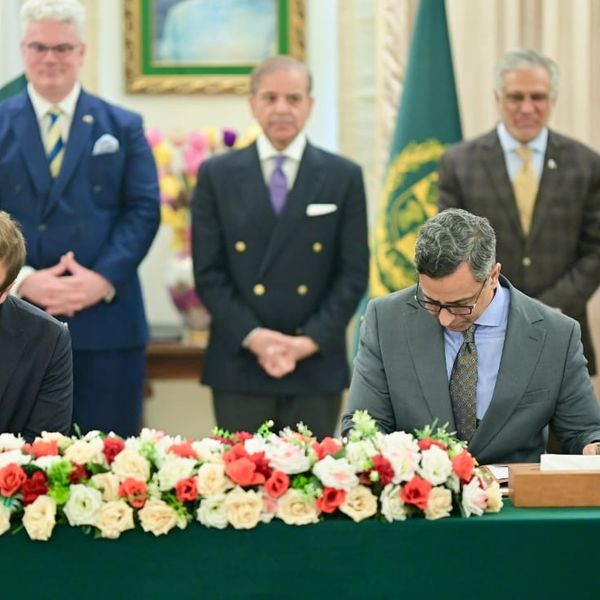

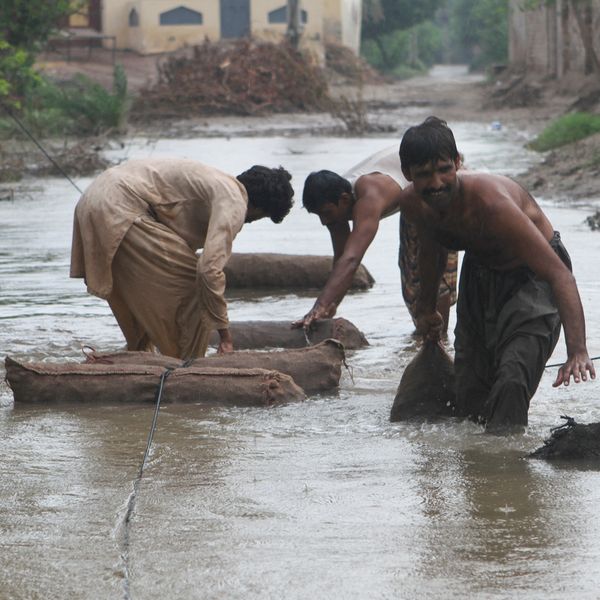

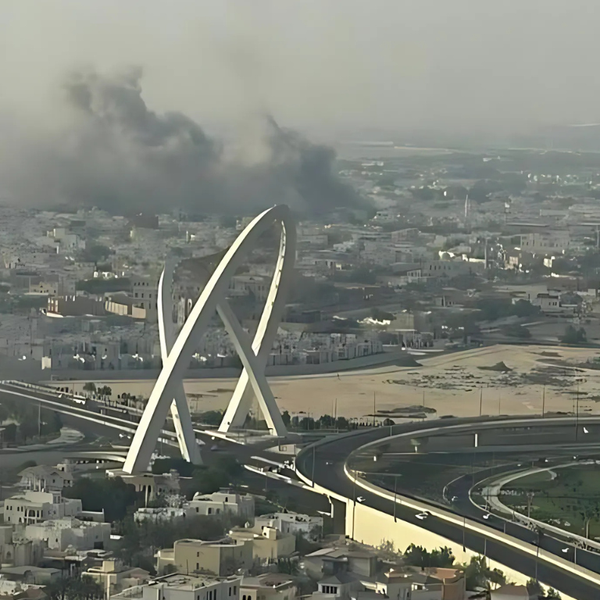
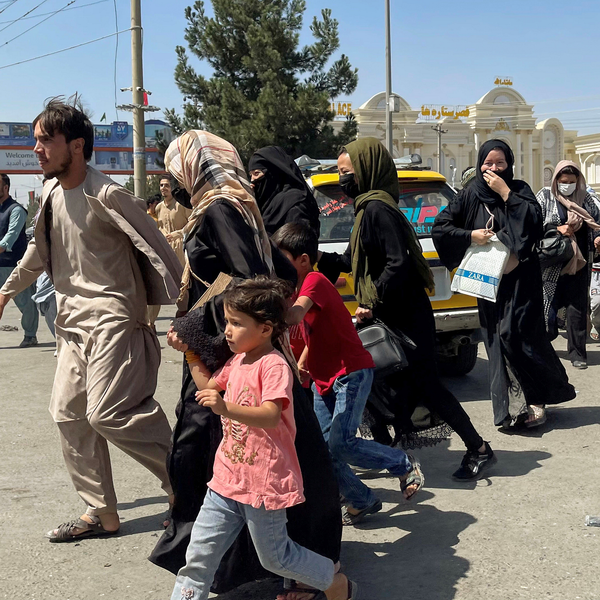

Comments
See what people are discussing